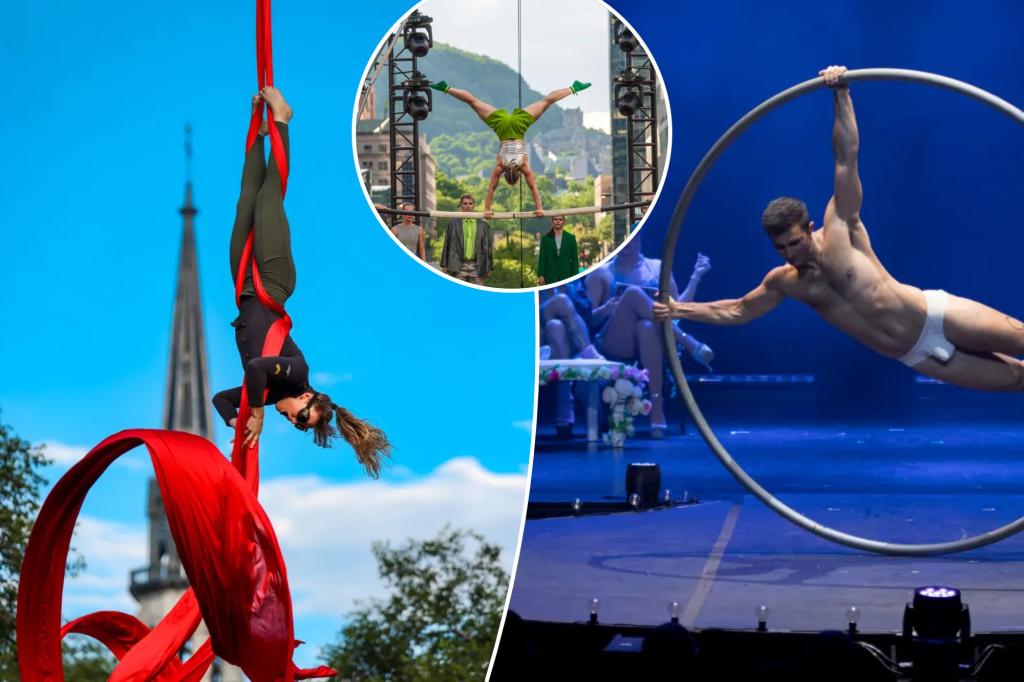Cirque du Soleil, the famous contemporary circus troupe, actually started in Montréal, Canada, before moving to Las Vegas by accident in the late 1980s. Montréal has become known as the contemporary circus capital of the world, offering opportunities to study circus arts, perform with various companies, and be part of circus festivals. The city has a vibrant circus community and career options in the industry all year round.
Montréal specializes in nouveau cirque, which emphasizes acrobatics, gravity-defying stunts, and a storyline in performances. This concept developed in France in the late 1970s but gained immense popularity in Quebec, particularly due to the presence of highly talented gymnasts and circus performers training together. The creation of the École Nationale de Cirque produced a pool of skilled performers who were able to take circus arts to new heights.
Cirque Éloize, one of the earliest cirque nouveau troupes, wanted to move circus from traditional big tops to theaters. They introduced innovative elements like the Cyr wheel, a metal hula-hoop used in performances worldwide. Another major company in Montréal is 7 Fingers, which focuses on addressing relatable themes and telling human-scale stories in their performances. They operate various divisions and are renowned for their unique approach to circus arts.
The circus scene in Montréal includes smaller companies like Agathe & Adrien and Cirque Alfonse, as well as performances from Foutoukours suitable for both kids and adults. The National Circus School, Tohu complex, and Cirque du Soleil’s global headquarters are also located in the city. Visitors can attend the Montréal Complètement Cirque festival in July and the Montréal en Lumière winter festival to experience a variety of circus performances throughout the year.
En Piste, a non-profit organization promoting circus arts, runs the Destination Cirque website, offering a comprehensive overview of circus shows and events in Montréal. The city provides opportunities for individuals to try their hand at circus skills through programs like the Académie de Cirque. French is predominantly spoken during performances, but the movement and visuals in contemporary circus shows make them accessible to audiences of all language backgrounds.
Overall, Montréal’s vibrant circus community, innovative performances, and diverse companies make it a hub for contemporary circus arts. The city’s rich history in circus arts, along with ongoing festivals and events celebrating the art form, contribute to its reputation as the circus capital of the world. Whether you are a performer, a spectator, or someone looking to try something new, Montréal offers a range of opportunities to experience and engage with the exciting world of contemporary circus.


